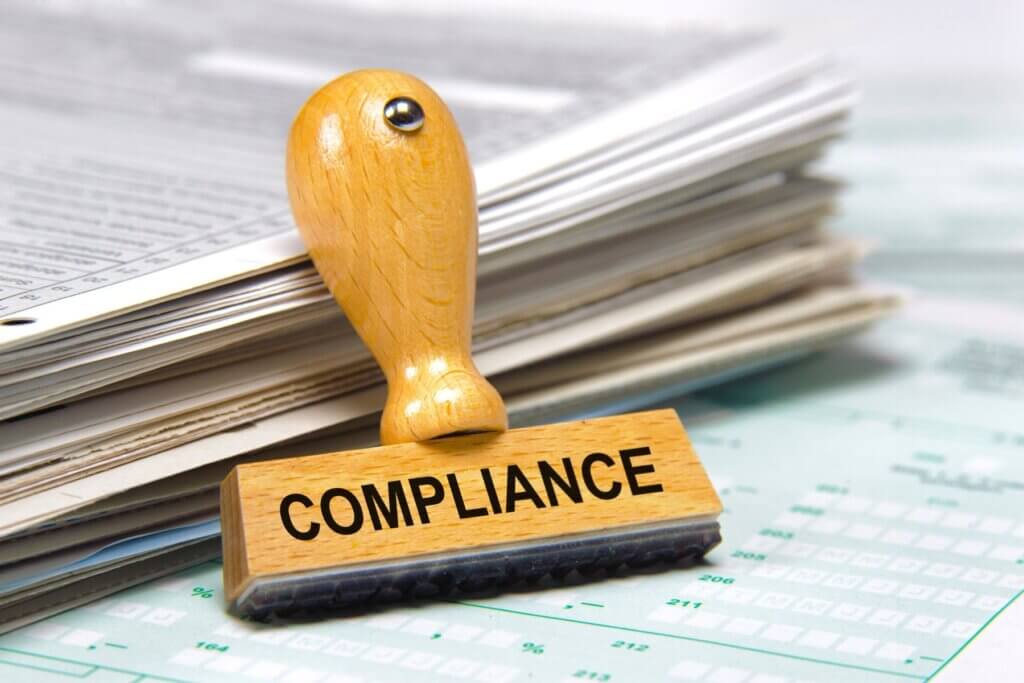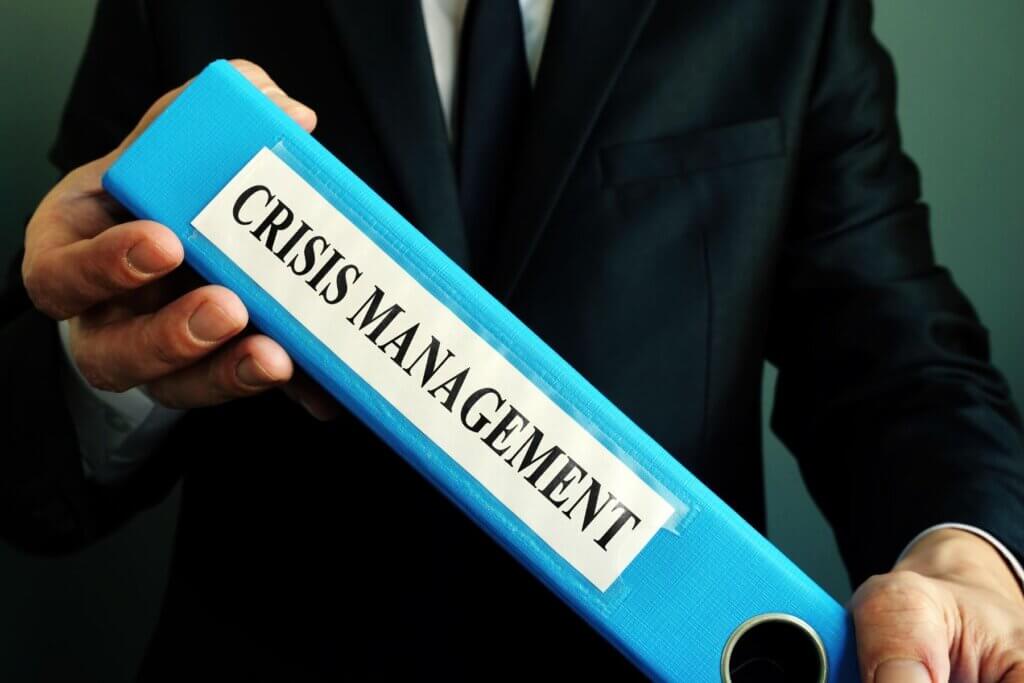We all know how important it is for law firms to do well. That’s where legal call centers come in. They help lawyers get more clients and do their jobs better. In this article, we’ll look at how these call centers make a big difference in the world of law.We’ll talk about a few key things. First, we’ll see how call centers help lawyers find new clients. Then, we’ll look at how they follow the rules and keep everything legal. We’ll also explore how they use data to help law firms grow. Lastly, we’ll see how they handle emergencies and help out after hours. All these things show why legal call centers are so important for lawyers today.

Maximizing Lead Generation for Law Firms
Lead generation is crucial for law firms to grow their client base and increase revenue. It’s the process of identifying and attracting potential clients for legal services. We use various strategies to maximize lead generation, including content marketing, SEO, and social media advertising.
Qualifying Potential Clients
To get quality leads, we focus on understanding the needs of potential clients. We ask open-ended questions to gather information and show our expertise. This helps us to build trust and show that we’re here to solve their problems, not just sell services.
We also use buyer personas, which are detailed representations of our target customers. These personas help us tailor our marketing efforts and create content that speaks directly to our potential clients’ needs and motivations.
Appointment Scheduling
Making it easy for potential clients to schedule appointments is key. We ensure our contact information is visible on every page of our website, including mobile versions. We also offer free consultations in certain areas of law, like personal injury, and promote this heavily on our website and social media.
To streamline the process, we use call center services that can schedule appointments with attorneys and handle legal inquiries. This ensures that potential clients can reach us at any time, even outside of office hours.
Lead Nurturing Techniques
Lead nurturing is about building relationships with potential clients at every stage of the marketing and sales funnel. We use several techniques to nurture leads:
- Email Marketing: We send personalized emails to familiarize leads with our firm and create brand loyalty.
- Content Marketing: We regularly update our blog with posts relevant to our practice areas. This helps establish our firm as an authority in our field and improves our search engine rankings.
- Social Media Engagement: We use social media to find our audience and speak to them in creative, low-cost ways.
- Timely Follow-ups: We make immediate follow-up calls or emails to inbound leads. Studies show that quick response times are crucial in converting leads.
By implementing these strategies, we aim to nurture leads effectively and convert them into clients. Remember, the goal is not to be pushy, but to develop interest in our firm and convince potential clients to take action.

Ensuring Regulatory Compliance in Legal Call Centers
We know how important it is to follow the rules in legal call centers. Let’s look at some key areas we need to focus on.
Consent Management
Getting permission is a big deal in email marketing for lawyers. It’s about asking people if it’s okay to send them emails. This builds trust and follows the law. We need to make sure people agree to get our emails. This means they should click a box or say yes in writing. When people choose to get our emails, they’re more likely to read them.
Call Recording Protocols
Recording calls can be helpful, but we need to be careful. Different places have different rules about recording calls. In the U.S., some states say we only need one person to agree to record. But about 13 states say everyone on the call must agree. In the UK and Canada, it’s best to get everyone’s okay before recording.
To stay safe, we should:
- Tell people we’re recording at the start of the call
- Explain why we’re recording
- Ask if it’s okay to record
- Stop recording if they say no
Do Not Call List Adherence
The National Do Not Call Registry is a list of phone numbers we can’t call for marketing. It started in 2003 to help people get fewer sales calls. We need to check this list every 31 days to make sure we’re not calling people who don’t want calls.
Some important things to remember:
- We can’t use the registry for anything except stopping marketing calls
- If someone asks us not to call, we need to add them to our own do-not-call list right away
- We should teach our team about these rules and why they matter
By following these rules, we can keep our legal call center running smoothly and avoid getting into trouble.

Leveraging Data Analytics for Legal Practice Growth
We use data to help our legal practice grow. It’s a powerful tool that gives us important insights. Let’s look at how we use data to improve our work.
Call Volume Trends
We keep track of how many calls we get. This helps us understand if our marketing is working. We look at calls from different places, like our website or ads. By comparing these numbers over time, we can see what’s working best.
Conversion Rate Analysis
We also look at how many calls turn into clients. This is called our conversion rate. It tells us how well we’re doing at getting new clients. We calculate this by dividing the number of new clients by the total number of calls.
To improve our conversion rate, we:
- Train our team to handle calls better
- Make our scripts better
- Follow up with potential clients quickly
Client Demographic Insights
Understanding our clients helps us serve them better. We look at things like:
- Age
- Job
- Where they live
- What legal help they need
For example, a 30-year-old construction worker might need help with work injuries. Knowing this helps us tailor our services.
By using data, we can make smart choices about how to grow our practice. We can see what’s working, what needs to improve, and how to better help our clients. This helps us do a better job and grow our business.

Crisis Management and After-Hours Support
We know that emergencies can happen at any time. That’s why we have plans to help our clients even when it’s late at night or on weekends.
Emergency Response Protocols
We have a special plan for when big problems happen. This plan tells us what to do in different kinds of emergencies. It helps us keep our workers safe and keep our business running. We make sure everyone knows what to do by practicing our plan regularly.
Escalation Procedures
Sometimes, a problem is too big for one person to handle. When this happens, we have a system to get help from someone with more knowledge or power. We call this “escalation.” There are different types of escalation:
- Technical: When we need someone who knows more about computers
- Managerial: When we need to talk to a boss
- Emergency: When something needs to be fixed right away
We train our team to know when to ask for help. This way, we can solve problems faster and make our clients happier.
24/7 Legal Advice Access
We’re always ready to help, no matter what time it is. We have people answering phones all day and night. This means we never miss a call from someone who needs help. When someone calls late at night, we can:
- Take down their information
- Set up a meeting
- Start working on their case right away
This helps us get more clients and use our advertising money better. It also means our clients can always talk to a real person when they need help.
Legal call centers have a big impact on how well law firms do. They help lawyers find new clients, follow rules, use data smartly, and handle emergencies. These centers make it easier for lawyers to focus on their cases while still growing their business.
By using call centers, law firms can work better and help more people. They can answer calls day and night, learn from the data they collect, and keep clients happy. This means lawyers can do their best work and build strong relationships with the people they help.
At PNCAI, we specialize in transforming legal practices with our advanced call center solutions. Our expert team is dedicated to helping law firms thrive by enhancing client interactions, ensuring regulatory compliance, and optimizing lead generation.
FAQs
What determines the success of a call center?
A successful call center effectively handles customer interactions and satisfies their needs efficiently and cost-effectively.
How do call centers evaluate their performance?
Call centers assess their performance using customer satisfaction scores obtained from surveys and post-call feedback. They also use the Net Promoter Score (NPS), which gauges the likelihood of customers recommending the service or company, and the Average Speed of Answer (ASA), which measures the response time to incoming calls.
What is crucial for a call center’s success?
Effective communication is essential for a call center’s success. Managers should frequently engage with agents to ensure their contentment and provide constructive feedback while also being receptive to feedback from the agents themselves.
What strategies enhance call center performance?
To enhance performance in a call center, it is important to:
- Set clear expectations to eliminate ambiguity.
- Recognize the individuality of agents and empower them.
- Conduct regular and targeted feedback sessions.
- Offer positive feedback consistently.
- Demonstrate leadership and foster relationships within the team.



